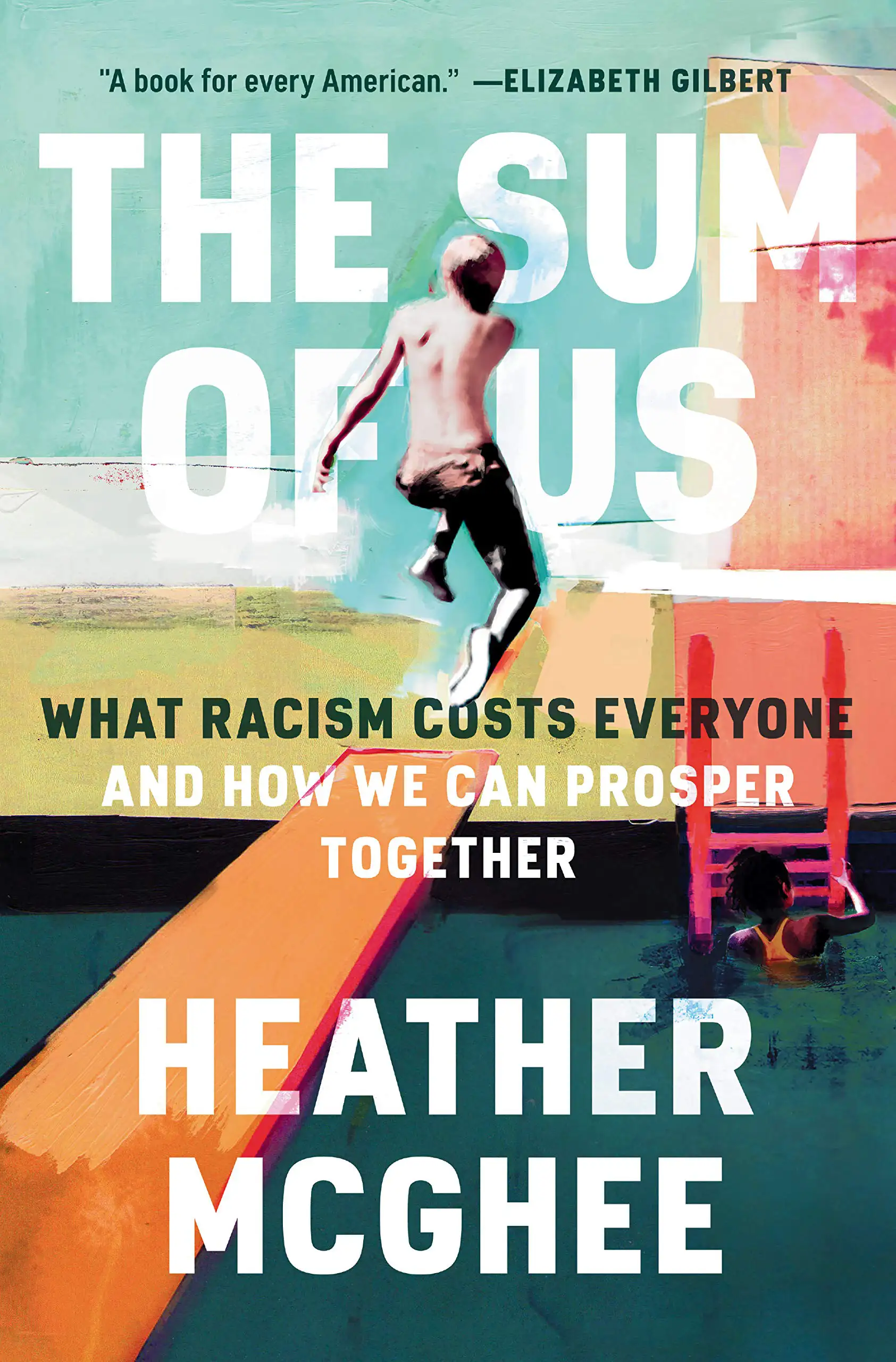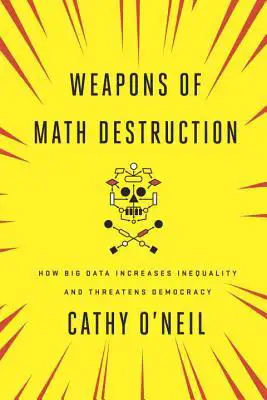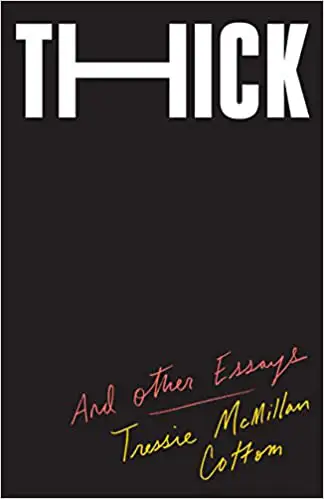
All We Can Save: Truth, Courage, and Solutions for the Climate Crisis edited by Ayana Elizabeth Johnson and Katharine K. Wilkinson
This collection of essays and poetry highlights the work of women scientists, artists, teachers, and activists across generations, geographies, and race to advance a nuanced and solutions-oriented conversation on the climate crisis.














